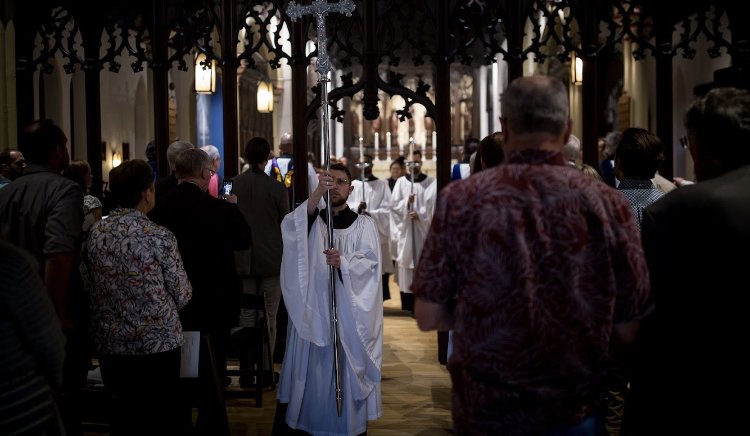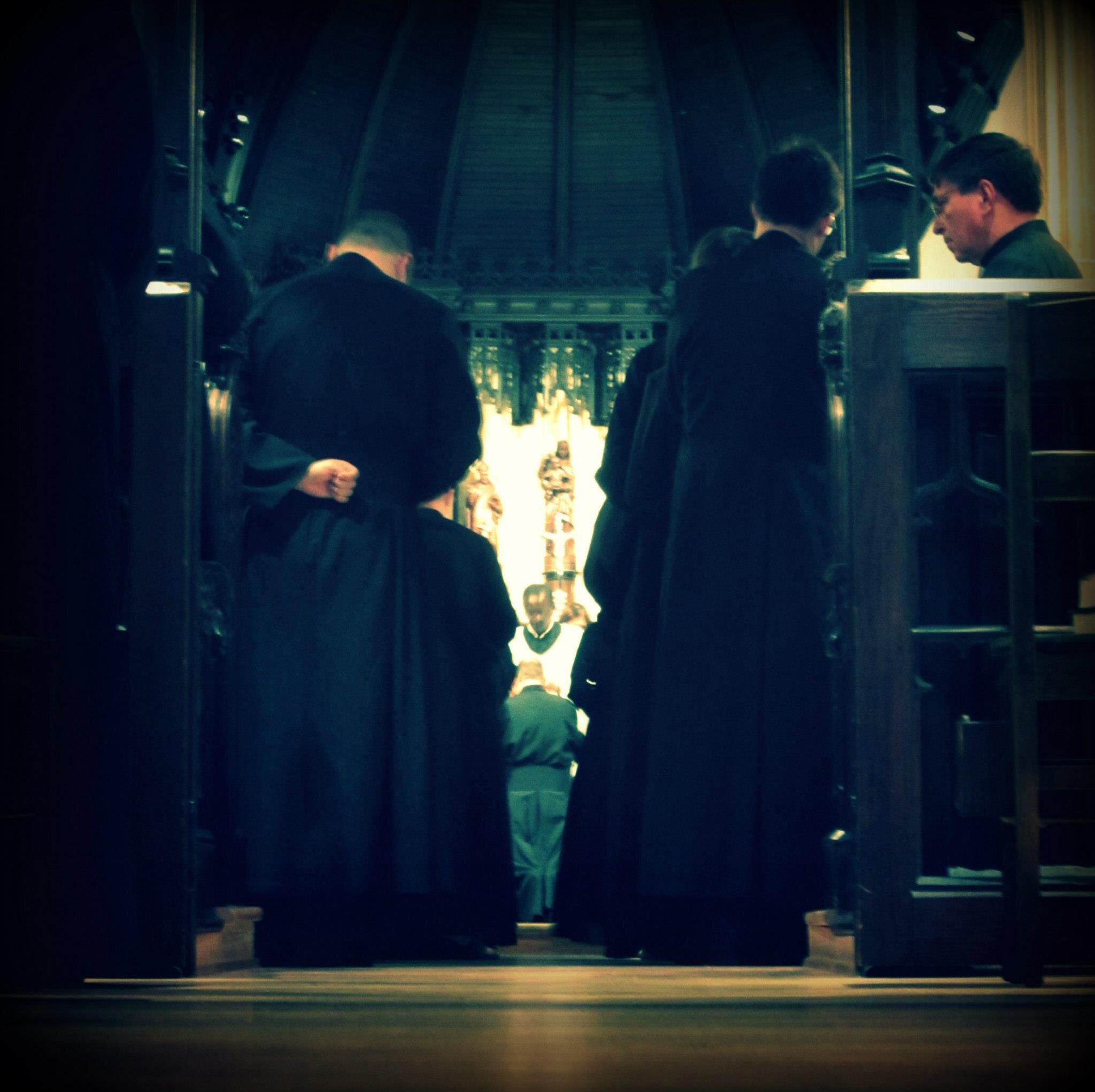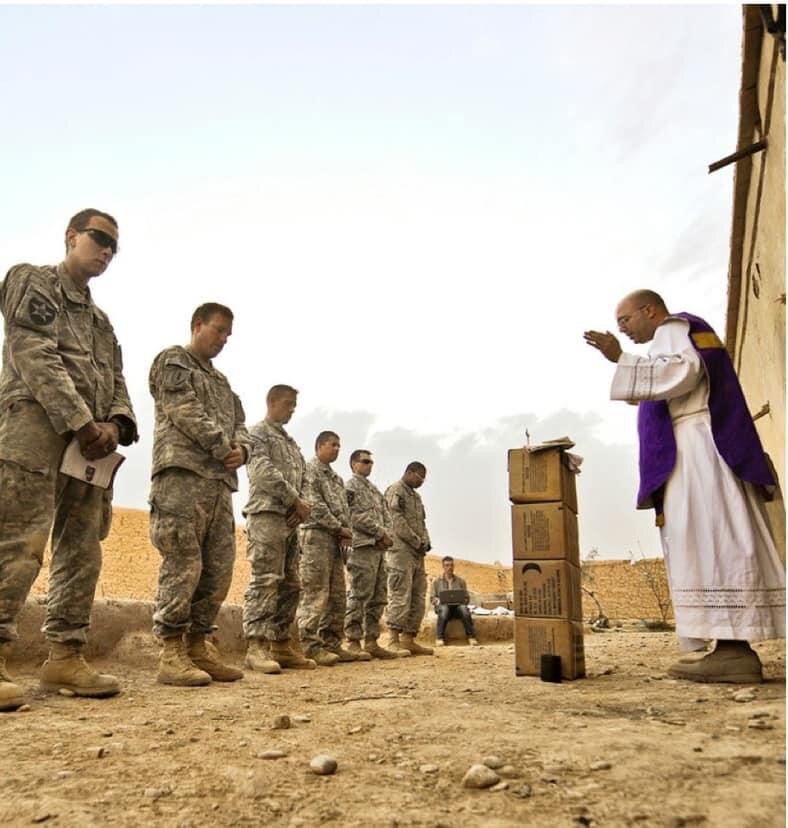
From the Chapter

Pilgrimage Now and Then
By The Rev. Thomas N. Buchan, Ph.D., III, Associate Professor of Church History at Nashotah House
The year 2020 had been designated by the Association of English Cathedrals as a “Time to Discover Cathedrals, Discover Pilgrimage.” Several cathedrals anticipated the celebration of significant anniversaries. Others planned reinvigorated welcome centers and hospitality programming to encourage visitors. A Pilgrim Passport was launched, a small booklet containing a checklist of every English cathedral, listed by region, as well as “inspirational quotes, prayers, . . . and blank pages” which could be used by visitors to document and record their experiences. Prospective visitors were “invited to use this passport for your own adventure of discovery, following in the footsteps of many thousands of pilgrims who have come to these places over the centuries to learn, to think about their lives, and ask for God’s help and guidance.”

Will You Be a Micaiah?
By The Rev. Cameron MacMillan, ‘16
These truths are not hard for most of us preachers to preach. It feels good to say them. We know they are true. We know how crucial it is to make much of God's love. Probably most of our words barely touch on the depths of his love, linguistically limited creatures that we are.

The Psalms and Spiritual Formation
By The Rev. Travis Bott, Ph.D.
I once attended a lecture on the Psalms at a large church. Though an excellent exposition of the themes and spirituality contained within the Psalms, the lecture did not address how Christians today might appropriate the Psalms in their own lives.

Military Chaplains and the Local Church
By The Rev. Canon Kelly O'Lear, Canon Theologian to the Jurisdiction of the Armed Forces and Chaplaincy
When thinking about Anglican priests serving in the military as chaplains, it’s helpful to take perspective on what a select and small group comprises this cohort. About 0.4% of the U.S. population presently serves in the entire active-duty military. Unless a congregation is near a military base, few of those worshipping in an Anglican parish might actually know someone in uniform.

Against Self-Promotion
By Hans Boersma, Ph.D.
Humility is a key virtue, according to Christian tradition. The Rule of Saint Benedict famously mentions the angels descending and ascending on Jacob’s ladder, and explains allegorically, “Doubtless, we should understand this descent and ascent as follows: one descends by pride and ascends by humility.”

Catechesis According to the Rule of Benedict
By The Rev. Dr. Greg Peters, Servants of Christ Research Professor of Monastic Studies at Nashotah House
The Rule of Benedict offers a fully-formed theology of spirituality under the theme of humility. For the monk, this lifetime of formation (or catechesis; or, in a more Benedictine fashion, “a lifetime of ascending the ladder of humility”) takes place in the monastic community, within the four walls of the monastery under the authority of an abbot and the rule.

Churches Transforming Communities
The late theologian and missiologist, Lesslie Newbigin wrote that each Christian has been sent out with the gospel, together in community, to those in the surrounding culture, for the sake of the King and His kingdom: “The Church is sent into the world to continue that which Jesus came to do, in the power of the same Spirit, reconciling people to God.”
